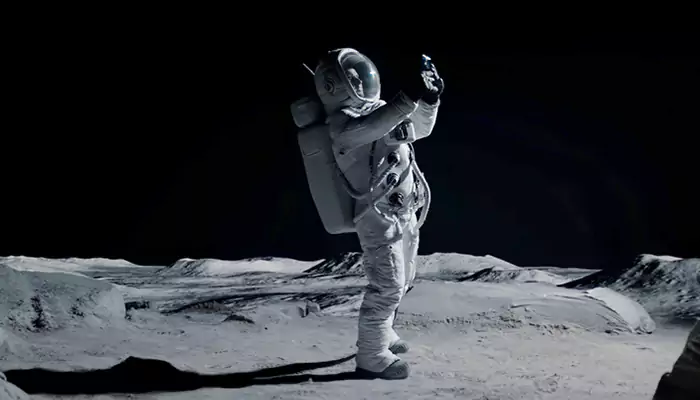Giant leaps for mankind: The most groundbreaking space missions of all time
Have you ever thought about what drives humanity to explore the vastness of space, pushing the boundaries of what we know and what we can achieve?
- Elisa Ghosh
- 22 March, 2025
- 2 mins ago

Giant leaps for mankind: The most groundbreaking space missions of all time
Have you ever thought about what drives humanity to explore the vastness of space, pushing the boundaries of what we know and what we can achieve?
The exploration of space has always been a testament to human ingenuity and ambition. Over the years, several space missions have not only expanded our understanding of the universe but also reshaped the way we view our place in it. Let's learn about some of the most groundbreaking space missions that have left an indelible mark on history.
Apollo 11 Moon Landing
One of humanity's greatest achievements, the Apollo 11 mission, saw Neil Armstrong and Buzz Aldrin become the first humans to set foot on the moon on July 20, 1969. This historic event marked a giant leap for mankind and opened doors to further lunar exploration.

Voyager Missions
Launched in 1977, the Voyager 1 and Voyager 2 spacecraft embarked on an incredible journey to explore the outer reaches of our solar system and beyond. Voyager 1 became the first human-made object to enter interstellar space in 2012, carrying with it a golden record containing sounds and images representing life on Earth.
Hubble Space Telescope
Deployed in 1990, the Hubble Space Telescope has revolutionized our understanding of the cosmos. Its breathtaking images have unveiled distant galaxies, nebulae, and stars, contributing significantly to astronomy and cosmology.
Mars Rovers - Spirit, Opportunity, and Curiosity
NASA's Mars rovers, including Spirit and Opportunity (2004) and Curiosity (2012), have conducted groundbreaking research on the Martian surface. They have provided valuable data about Mars' geology, climate, and potential for past habitability, paving the way for future manned missions to the Red Planet.
Cassini-Huygens Mission to Saturn
Launched in 1997, the Cassini-Huygens spacecraft reached Saturn in 2004, where it spent over a decade studying the planet, its rings, and moons. The Huygens probe also made a historic descent onto Titan, Saturn's largest moon, revealing a world with lakes and rivers of liquid methane and ethane.
International Space Station (ISS)
A collaboration between multiple space agencies, including NASA, Roscosmos, ESA, JAXA, and CSA, the ISS has been a symbol of international cooperation in space exploration. Continuously inhabited since November 2000, the ISS serves as a platform for scientific research, technological advancements, and preparing for future long-duration space missions.
Kepler Space Telescope
Launched in 2009, the Kepler Space Telescope revolutionized exoplanet research by discovering thousands of planets orbiting other stars. Its findings have expanded our understanding of planetary systems and the prevalence of Earth-like worlds in the galaxy.
New Horizons Mission to Pluto and Beyond
In 2015, NASA's New Horizons spacecraft provided the first close-up images of Pluto, unveiling a diverse and geologically active world at the edge of our solar system. It has since continued its journey into the Kuiper Belt, studying distant objects and expanding our knowledge of the outer solar system.
Mars Perseverance Rover and Ingenuity Helicopter
Launched in 2020, the Perseverance rover and its accompanying Ingenuity helicopter represent the latest advancements in Mars exploration. Perseverance aims to search for signs of ancient life and collect samples for potential return to Earth, while Ingenuity demonstrated the feasibility of powered flight in Mars' thin atmosphere.
James Webb Space Telescope (JWST)
Set to launch in late 2021, the JWST promises to revolutionize astronomy with its advanced capabilities, including studying the formation of galaxies, stars, and planetary systems, as well as searching for signs of life on exoplanets.
How many of these space missions have you heard of? These groundbreaking space missions have not only expanded our scientific knowledge but also inspired generations with their discoveries and achievements. As we continue to explore the cosmos, each mission builds upon the successes of the past, pushing the boundaries of human exploration and understanding.










